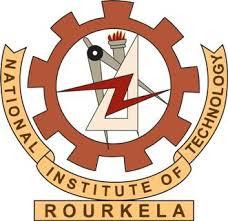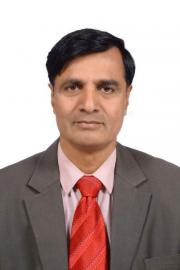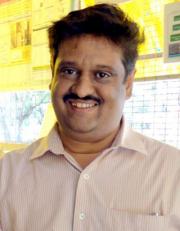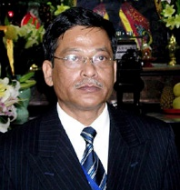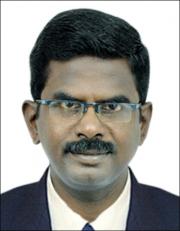Globally, organic wastes are available in the form of municipal, industrial and agriculture wastes, and are largely disposed of every year. Accumulation of different organic wastes in land, sea and air increases anthropogenic gases which lead to increase in global warming potential (GWP). Waste-to-energy (WtE) or energy-from-waste (EfW) is one of the methods to reduce the emissions of anthropogenic gases resulted from the accumulation of organic wastes. It is the process of generating energy in the form of electricity and/or heat from the primary treatment of waste. Most WtE processes produce electricity and/or heat directly through combustion, or produce a variety of combustible fuels.
On the other hand, carbon dioxide (CO2) is generated largely from the combustion of fossil fuels that also causes an increase in GWP. Carbon capture and storage/sequestration (CCS) is the process of capturing waste CO2 from large point sources such as fossil fuel based power plants, transporting it to a storage site, and depositing to prevent its entry into the atmosphere, normally an underground geological formation. This will help to minimize the continuous accumulation of CO2 into the atmosphere (from fossil fuel use in power generation and other industries). Considering these emerging issues, this conference is aimed to provide a platform for faculty, research scholars and students from educational institutions, industry, and research organizations to disseminate their knowledge/views on the subject in the disciplines of Biotechnology, Civil Engineering, Chemical Engineering, Earth and Atmospheric Science, Environmental Engineering, Food Technology, Life Sciences, Mechanical Engineering and Mining Engineering.


